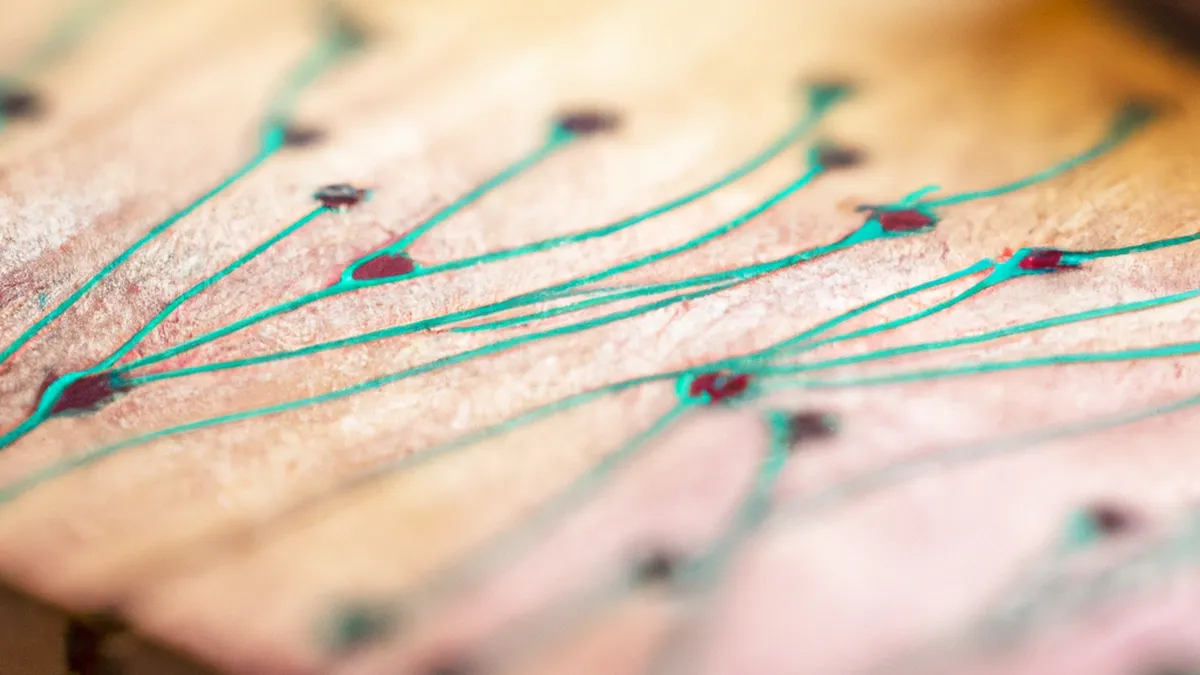Crafting Effective Movement Drills for Pickleball
Creating a Movement Drills Library for Coaches and Players in Pickleball
Pickleball combines elements of tennis, badminton, and ping pong. As the game grows, coaches and players must adapt training methods. Creating a movement drills library elevates performance. This resource helps players develop essential skills and provides structured training for coaches. This blog post explores tips for building your library, implementing it, and the benefits it offers.
Understanding the Importance of Movement in Pickleball
Before building a movement drills library, understand the importance of movement in pickleball. The sport demands quick reflexes, sharp agility, and precise footwork. Players often reach for the ball, make split-second decisions, and change direction rapidly.
Incorporating movement drills into training enhances overall athleticism, leading to better performance in matches. Coaches can help players develop the physical attributes needed to excel while minimizing injury risk.
Tips for Building Your Movement Drills Library
Creating a movement drills library starts with understanding pickleball fundamentals. Focus on core skills like footwork, agility, and coordination. Here are some tips to get started:
1. Identify Key Movement Patterns
Identify key movement patterns in pickleball. Players frequently engage in lateral movements, quick sprints, and rapid direction changes. Therefore, drills should emphasize these aspects. For example, practice moving side-to-side to cover the court effectively and accelerate quickly towards the net.
2. Categorize Drills by Skill Level
Categorize drills by skill level. Beginners may need basic footwork drills, while advanced players can benefit from complex agility exercises. This organization helps coaches tailor practices based on player needs. For example, beginner drills might focus on lateral shuffles, while advanced drills could incorporate multi-directional movements and reaction-based exercises.
3. Incorporate Different Drills
Include a variety of drills in your library. Some drills can focus on specific skills, while others emphasize overall movement. For example, include shadowing drills, cone drills, and side-to-side movements. Additionally, integrate drills that mimic game situations, such as transitioning from the baseline to the net, to enhance players’ responsiveness.
4. Create Detailed Descriptions
Create detailed descriptions for each drill. Include objectives, necessary equipment, and instructions. This clarity ensures coaches implement drills effectively, enhancing player understanding and execution. For example, a lateral shuffle drill description could include its purpose, the number of repetitions, and ideal spacing.
Conclusion
In summary, a movement drills library enhances training for coaches and players. Implement these tips to improve skills and performance in pickleball.
Below are related products based on this post:
FAQ
What is the significance of movement in pickleball?
Movement is crucial in pickleball as it requires quick reflexes, sharp agility, and precise footwork. Players must frequently change direction and respond rapidly to the ball, making the development of movement skills essential for improved performance and reduced injury risk.
How can I categorize drills in my movement drills library?
Drills can be categorized by skill level to tailor practices according to player needs. Beginners might focus on basic footwork drills, while advanced players can engage in more complex agility exercises. This structured approach helps ensure that all players can benefit from the training materials.
What types of drills should be included in a movement drills library?
A variety of drills should be included, focusing on different skills and overall movement. This can include shadowing drills, cone drills, and side-to-side movements, as well as drills that mimic game situations. Incorporating diverse drills enhances players’ responsiveness and adaptability on the court.















Post Comment